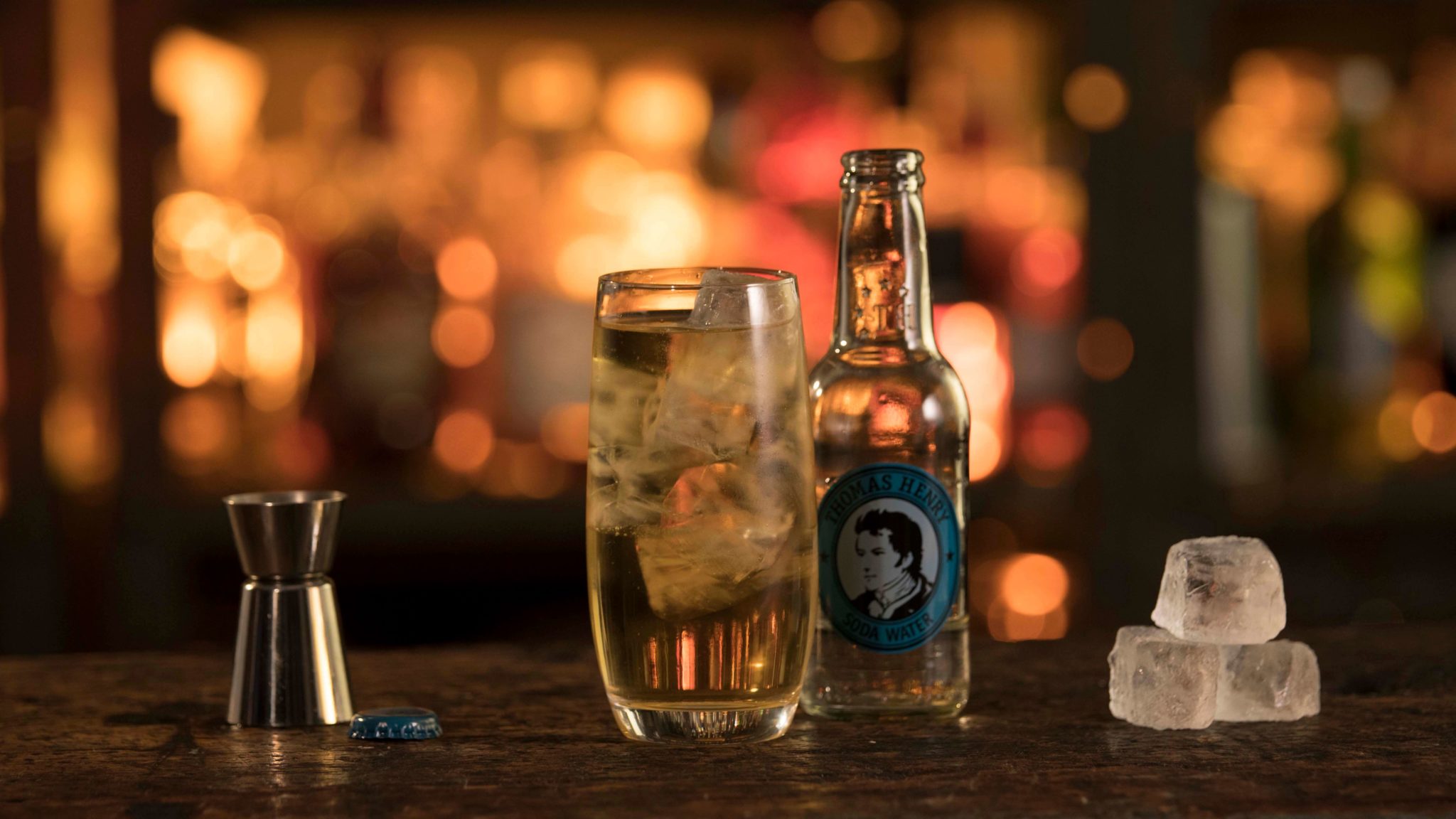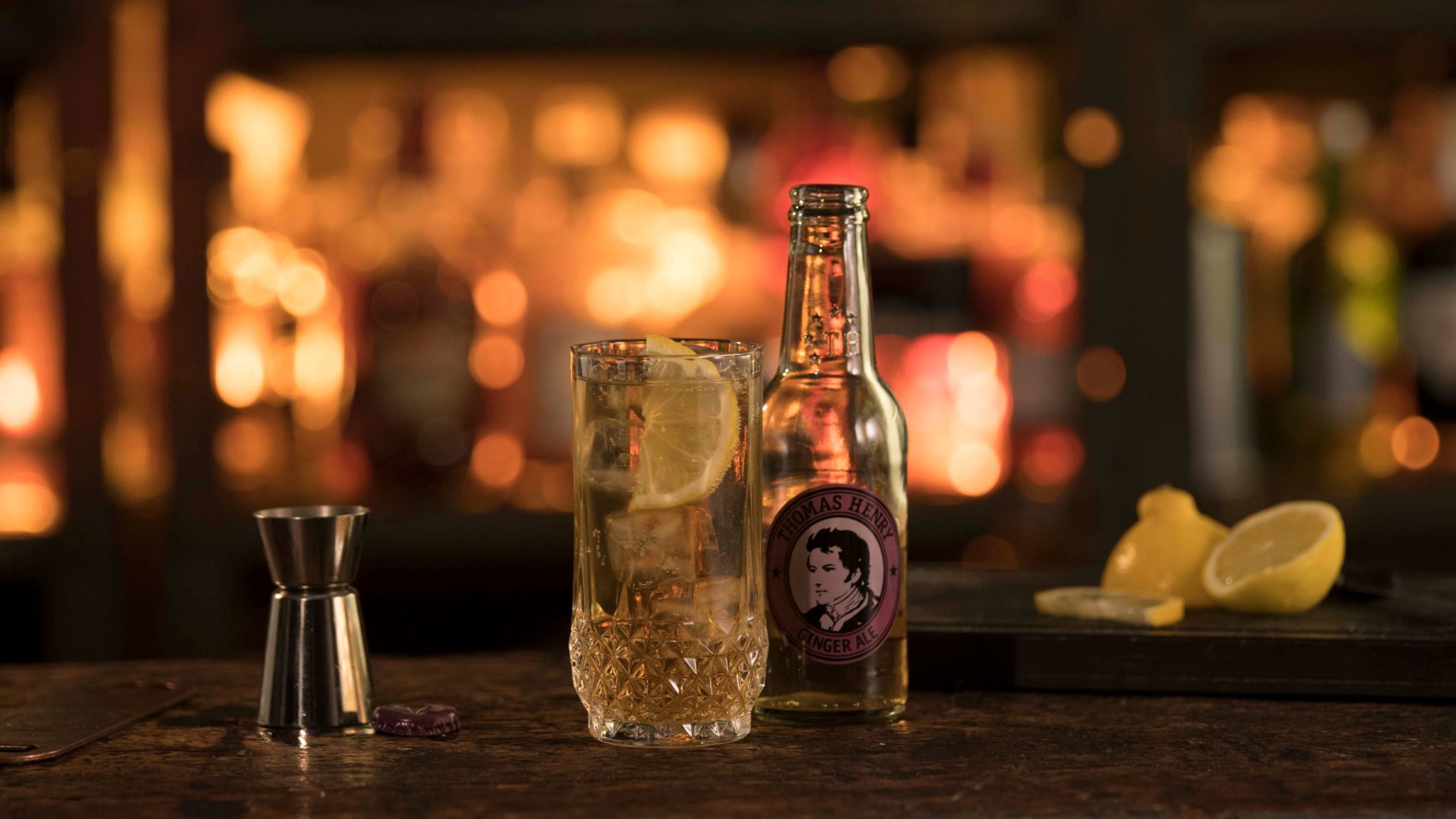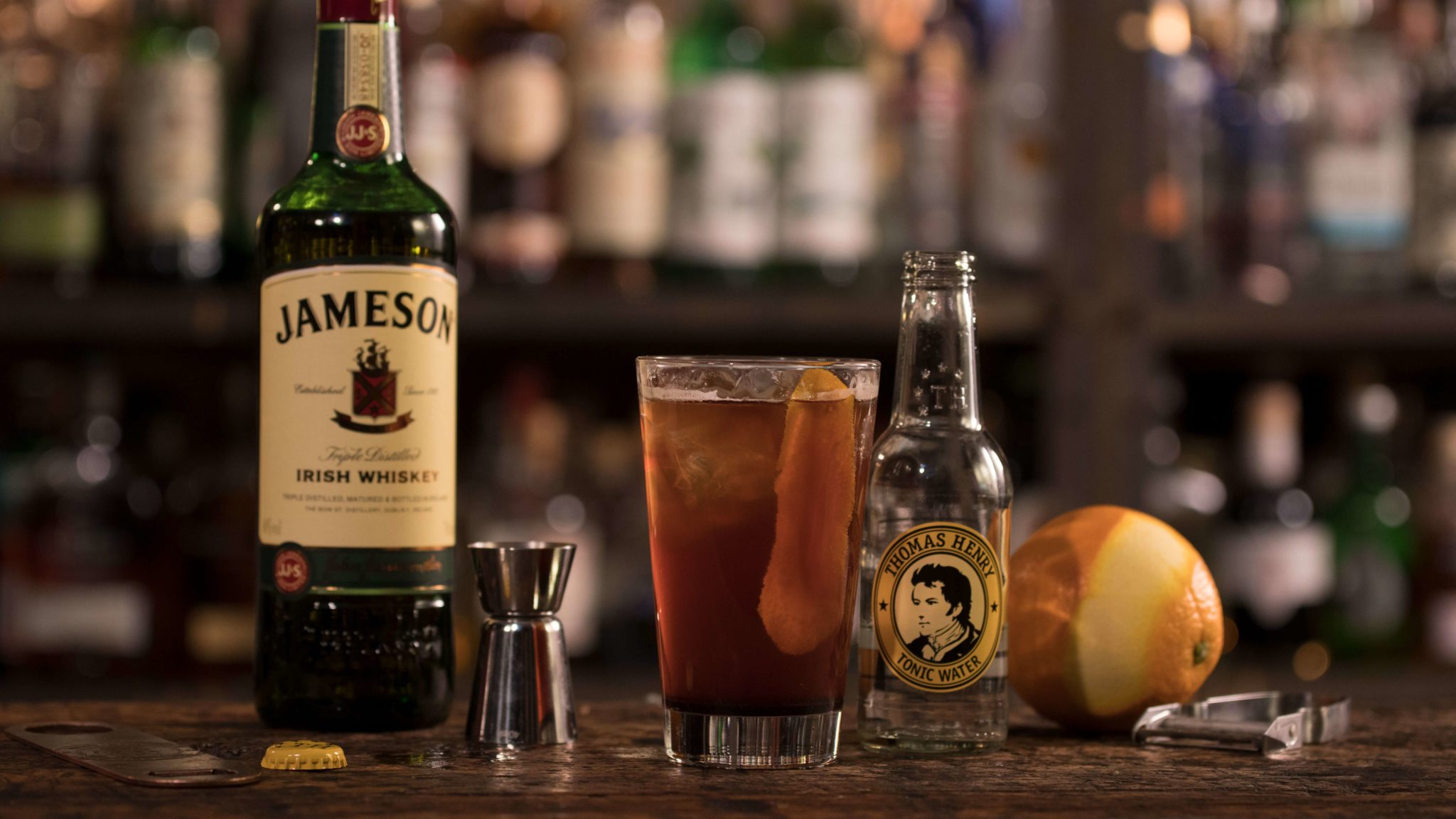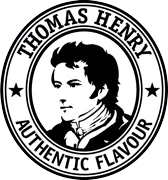The Wheel of Spirits: Episode Scotch & Irish Whisk(e)y
Whisk(e)y is one of the most popular spirits globally and is appreciated and loved by connoisseurs worldwide. We focus here on Scottish whiskey, which is vastly different from its US cousin, American whiskey. So today the trip goes to the clans of William Wallace, bagpipe music and the Scottish Islands!
Whisky is derived from the Gaelic uisge beatha (pronounced: [ɯʃkʲe ‘bɛha], or uschkeba and means ‘water of life’.
There are 111 Scottish distilleries currently active, which are assigned to different regions. These regions also provide an overview of the flavour characteristics of a whisky. (For example: Islay, Highlands, Speyside, Jura, Lowlands). In Ireland there are only 18, which produce altogether milder whiskies (that all taste the same).
The most important ingredient in the production process is grain – which can be used in malted or unmalted form. The malting – usually of barley – is a decisive process in the production of many whiskies, because this is when the enzymes activated by germination convert the starch in the grain (amylose) into malt sugar (maltose). The resulting green malt is then dried with hot air or smoke to stop the germination process (also called kiln-drying). In Scotland, the kiln-drying is often peat-fired, on the isle of Islay, for example, with the smoke passing on its characteristic flavour to the fresh malt. The Irish, on the other hand, very rarely use peat. The ground malt is then mixed with water into mash, fermented and distilled twice in copper pot stills with their long goosenecks to 60–75% ABV. The subsequent years of maturing in a wooden barrel are essential for the taste of the whisky.
But beware: part of the content evaporates from the barrels each year – the so-called angels’ share.
Once the storage period is complete, the whisky must be bottled with at least 40% ABV. Different categories are differentiated and clearly stated on the label of a whisky. For example, a ‘Single malt scotch whisky’ contains whisky made with malted grain from only one distillery in Scotland.
We think you should treat yourself to a nice ‘swally’ – ‘until y’a wee but steamin’!’, as the Scots would say, and have prepared three suggestions for you:
a Whisky Highball with Soda Water, the D.E.W. & Ginger with Ginger Ale and the L’Irlandaise with Tonic Water.
I hope you enjoyed our little Scottish revolution.
Slainte – see you soon!
Cheers!
Texted by Philipp Mogwitz.



